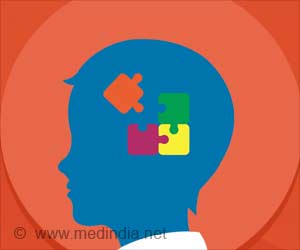Microstructure of the brain’s white matter in adolescents and young adults with autism spectrum disorder (ASD) revealed significant changes as compared to a control group, according to a study to be presented at the annual meeting of the Radiological Society of North America (RSNA).
“One in 68 children in the U.S. is affected by ASD, but high variety in symptom manifestation and severity makes it hard to recognize the condition early and monitor treatment response. We aim to find neuroimaging biomarkers that can potentially facilitate diagnosis and therapy planning,” says Clara Weber, a postgraduate research fellow at Yale University School of Medicine.
‘Microstructure of the brains white matter in adolescents and young adults with autism spectrum disorder (ASD) revealed significant changes as compared to a control group, according to a new study.’
The team used diffusion tensor imaging (DTI) brain scans from a large dataset of patients between the age of 6 months and 50 years to further examine the connectivity in the brain.
Autism and Brain Changes
The clinical and DTI data were analyzed from 583 patients from four existing studies of distinct patient populations were analyzed with wide-ranging age groups of children.
It was found that the changes were most noticeable in the corpus callosum – a thick bundle of nerve fibers that facilitates communication between the two brain hemispheres (adults more than toddlers and infants).
“We need to find more objective biomarkers for the disorder that can be applied in clinical practice,” says Weber.
These findings may help further improve early diagnosis of ASD through similar techniques and biomarkers and thereby monitor treatment response.
Source: Medindia



